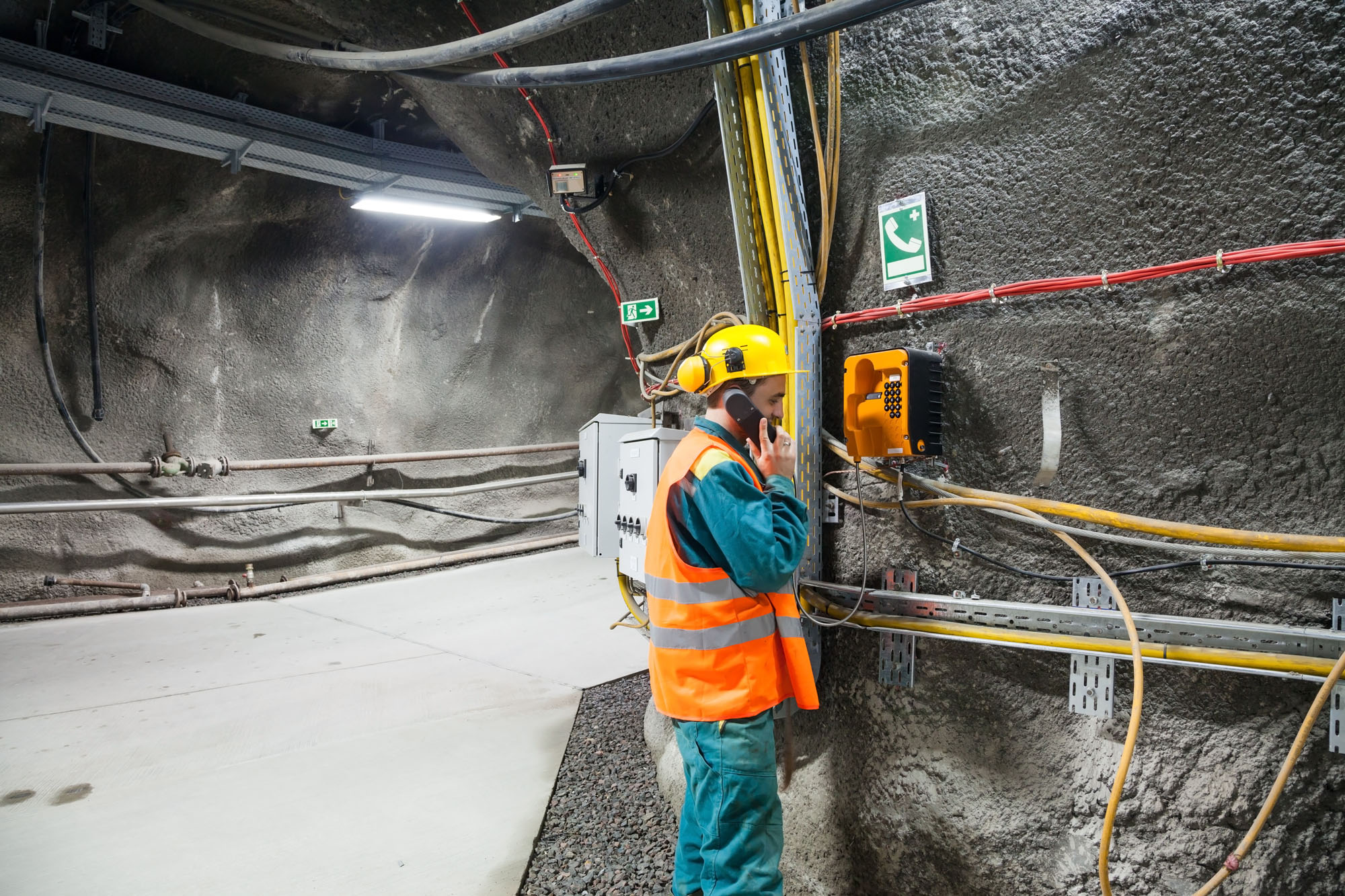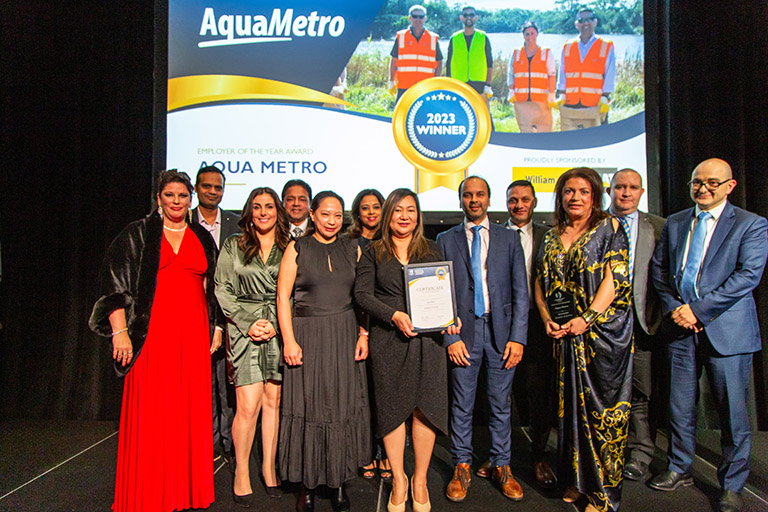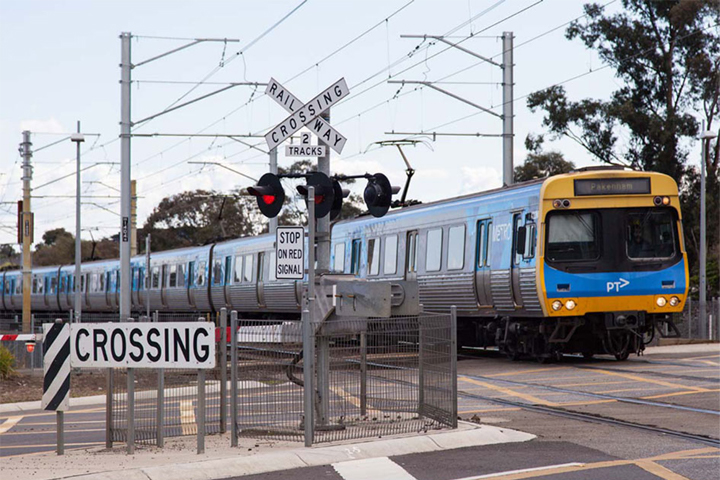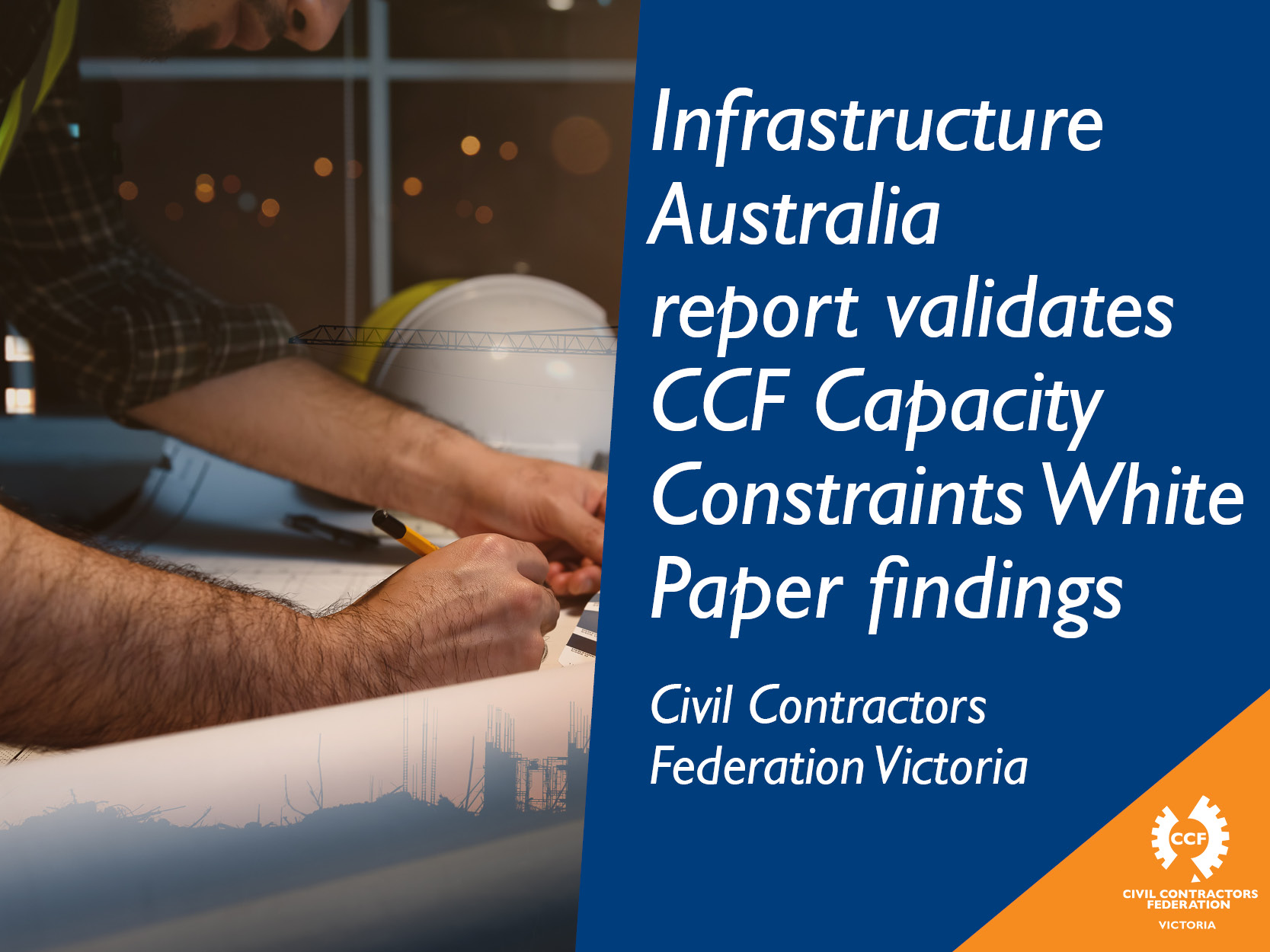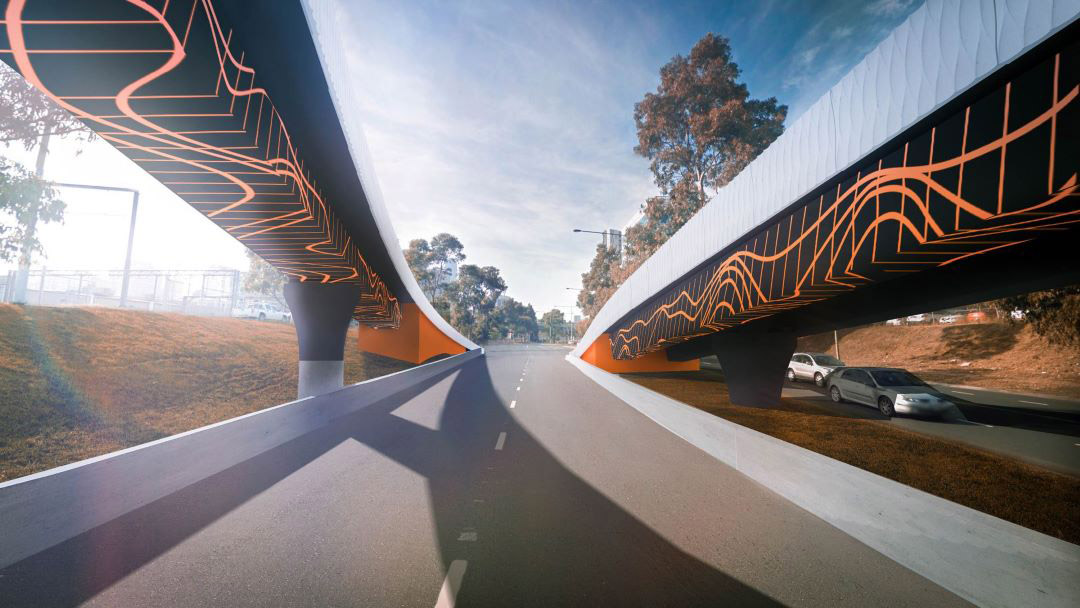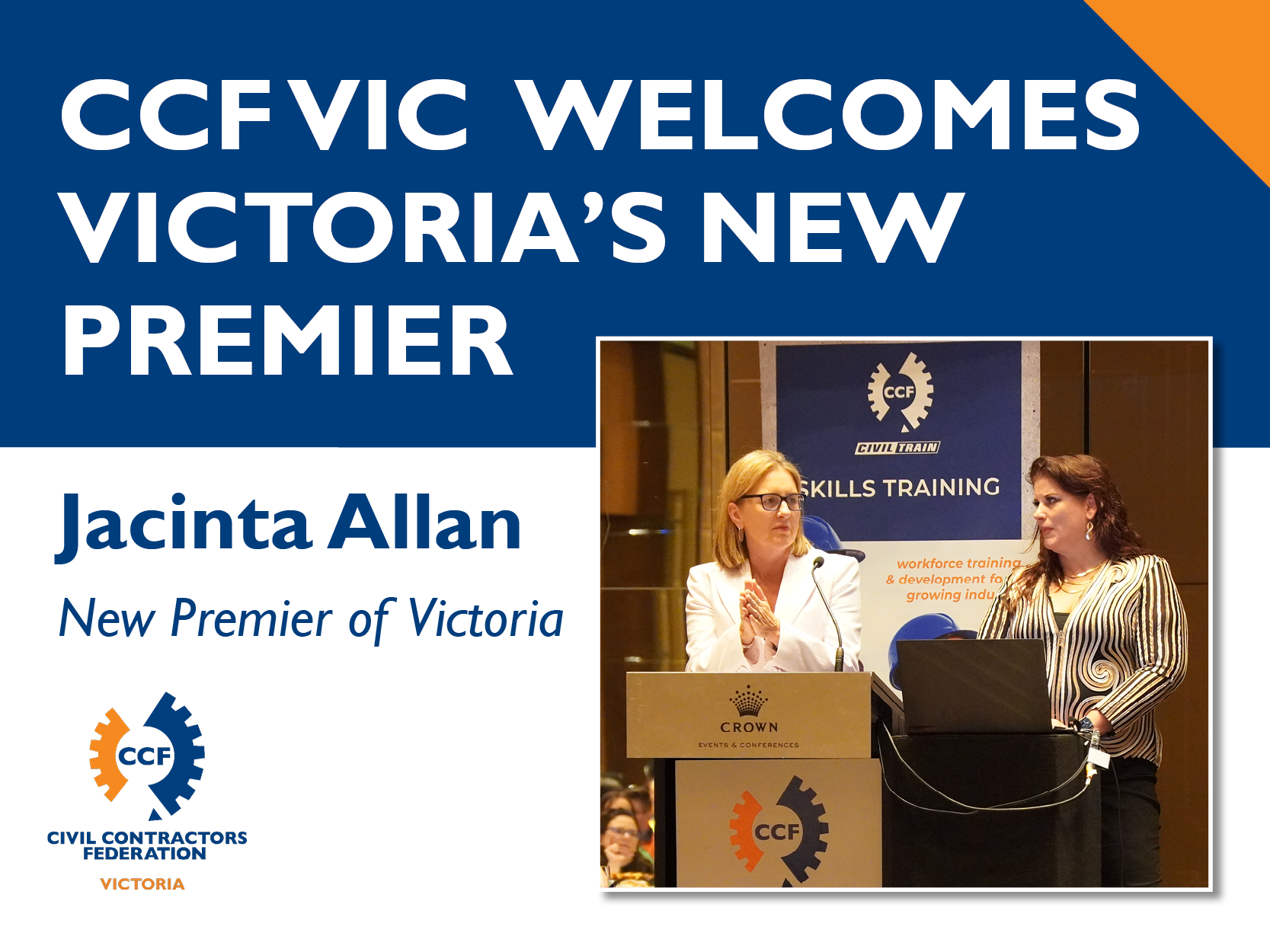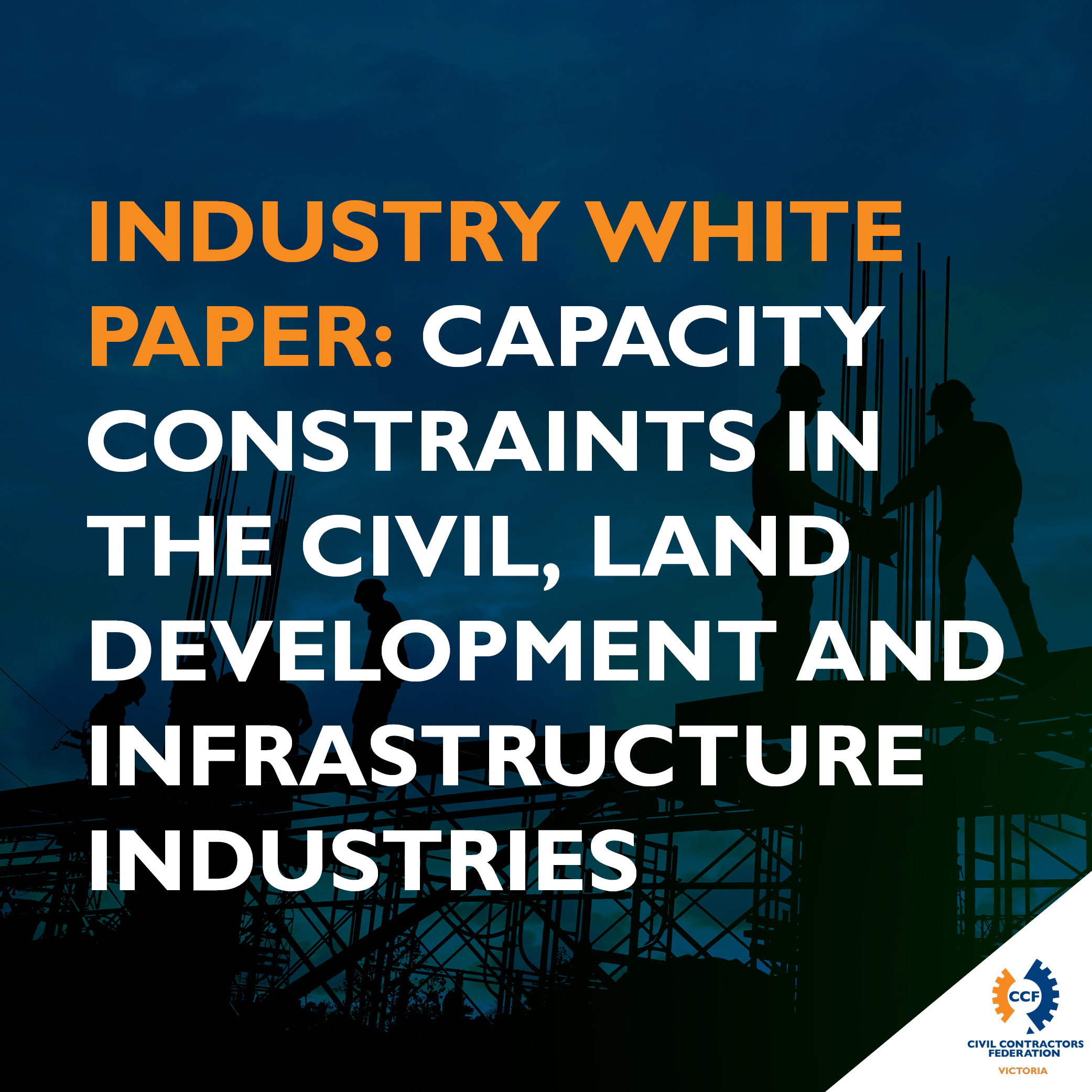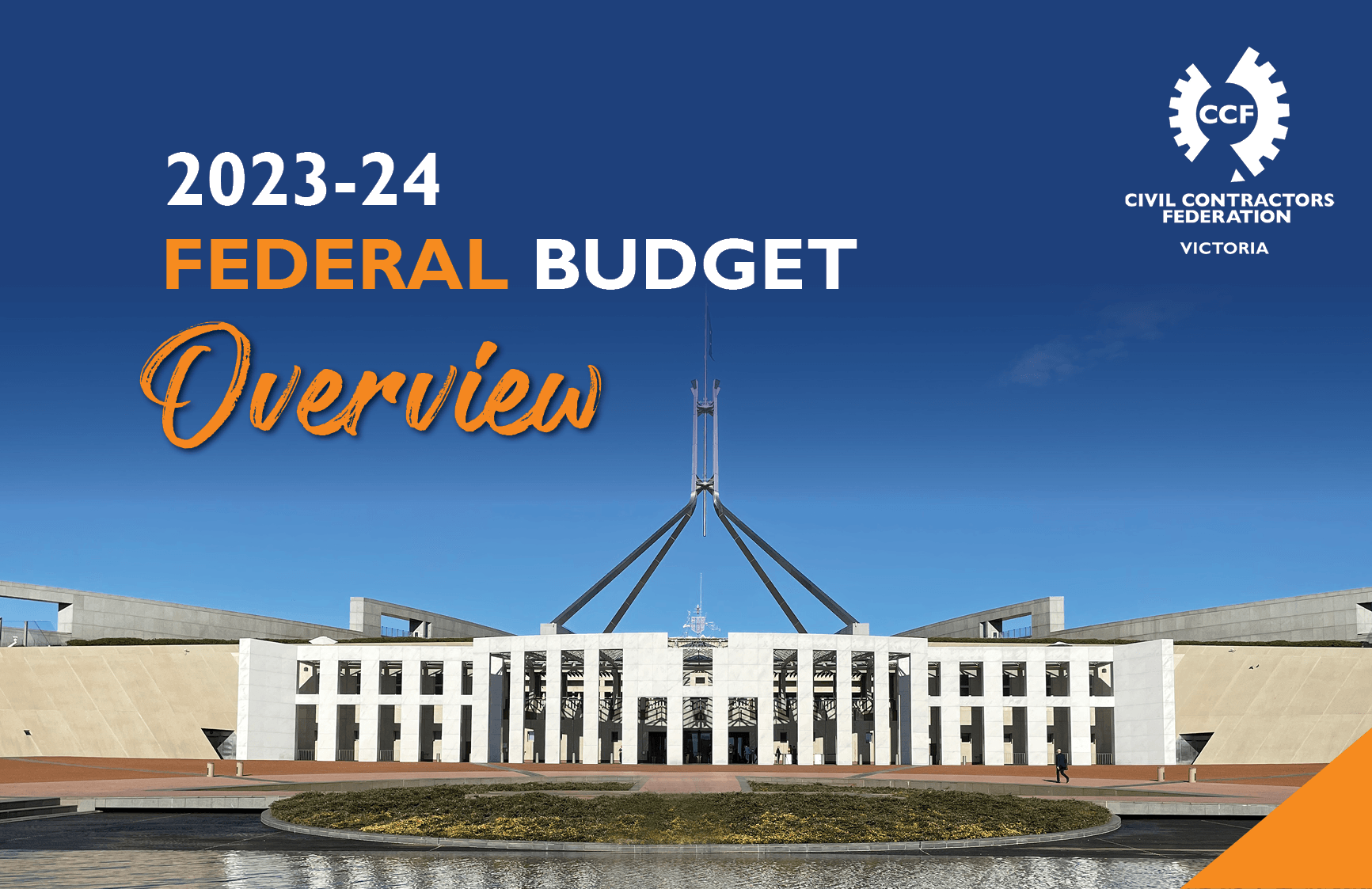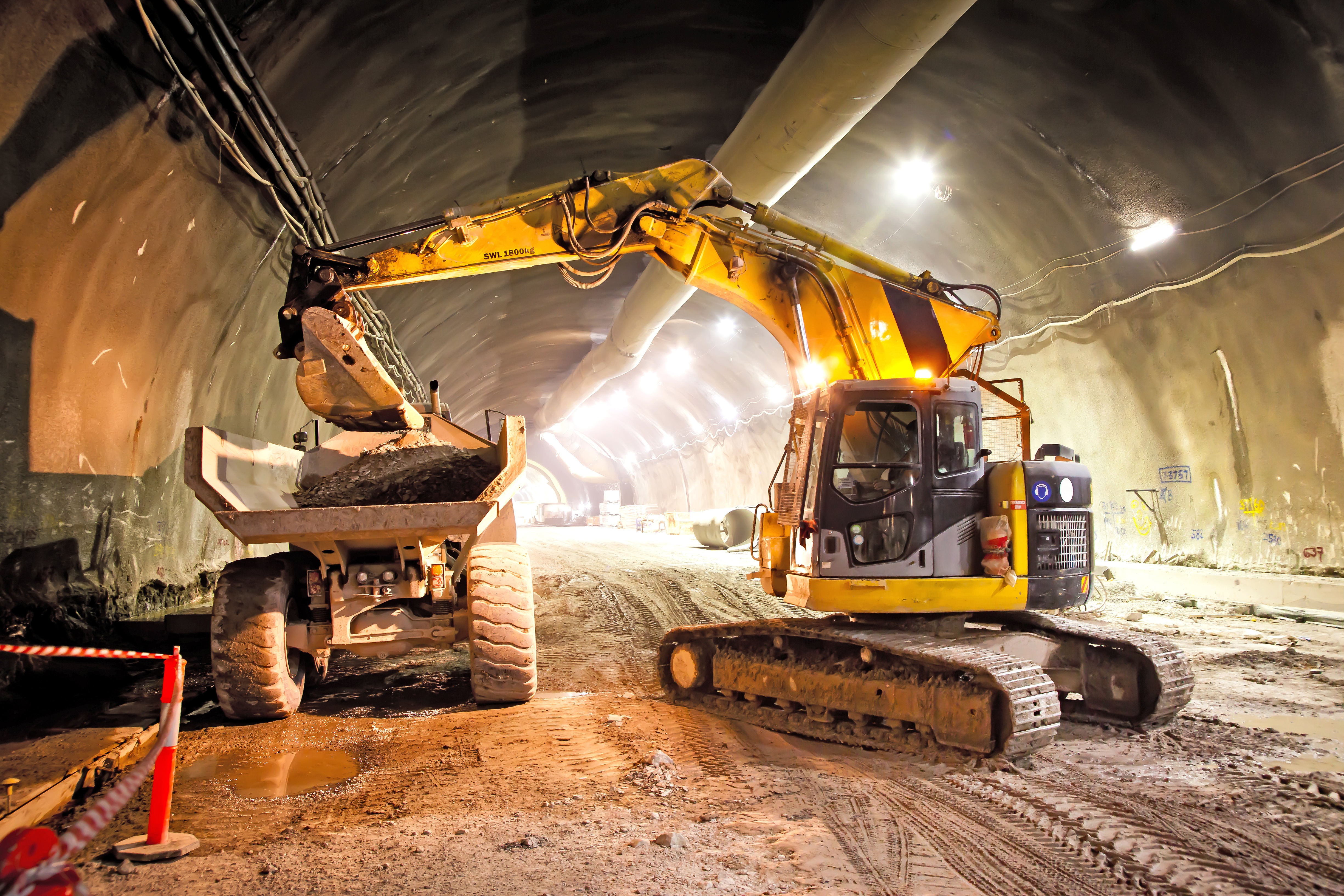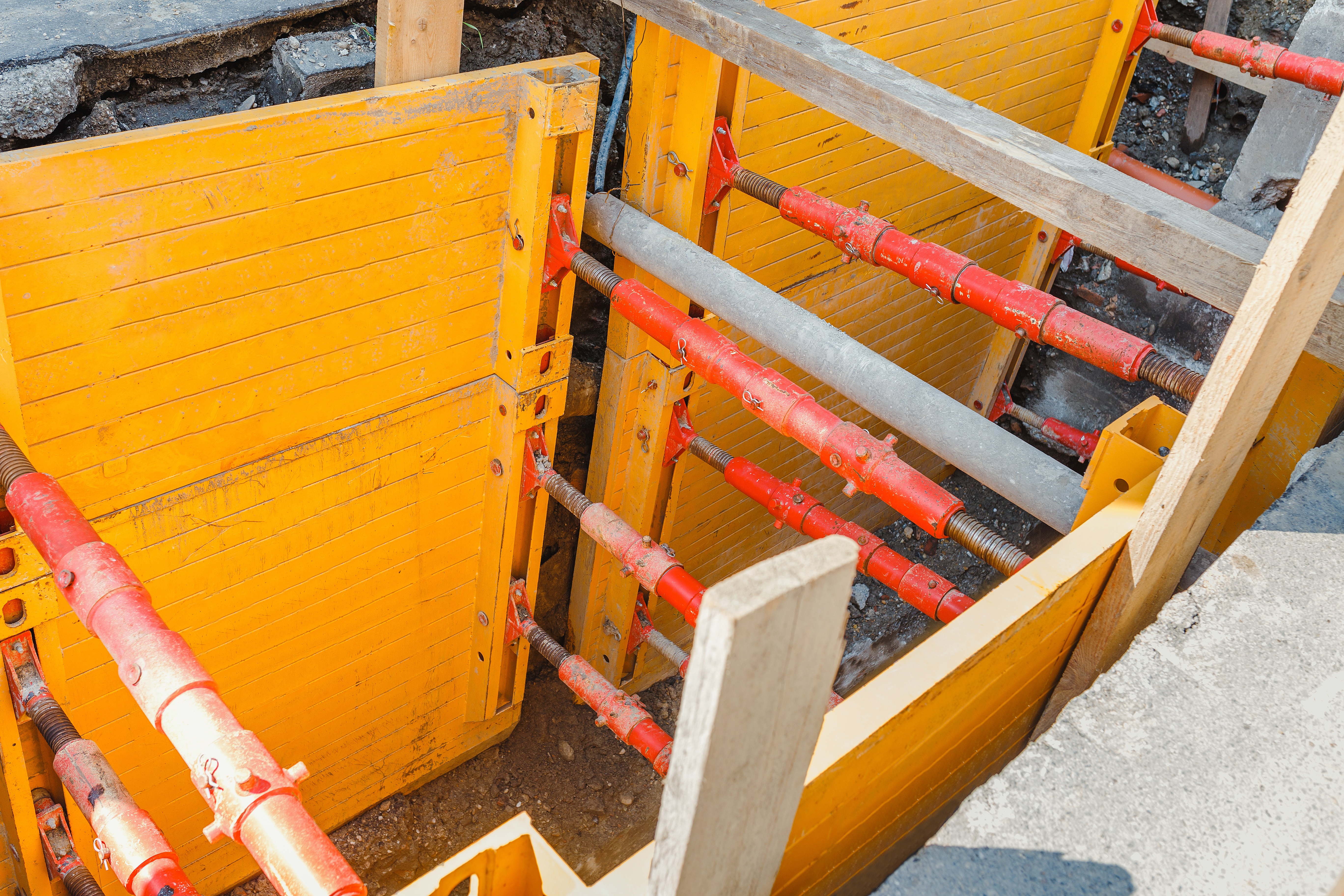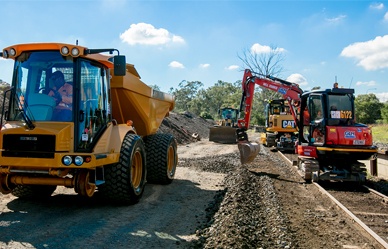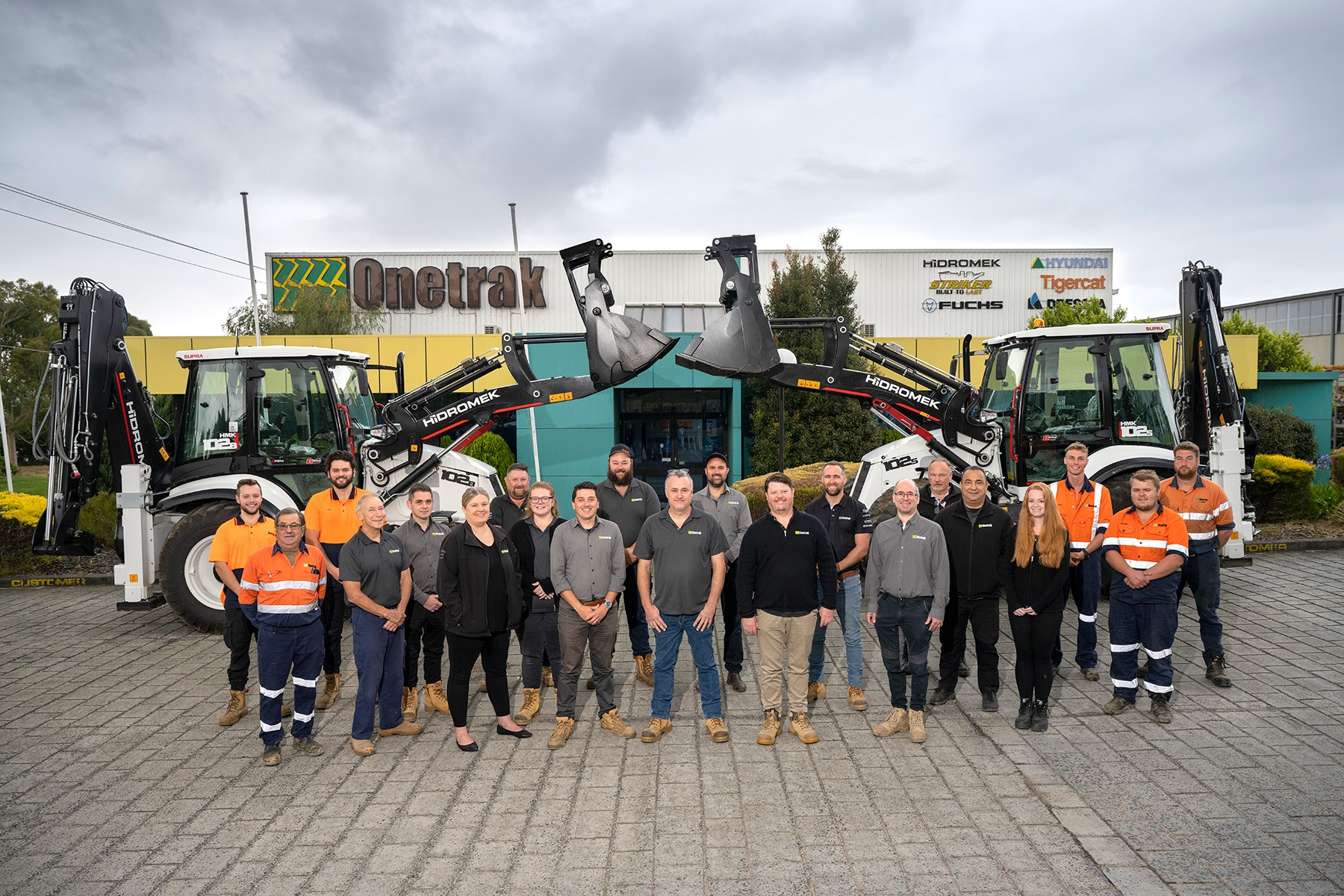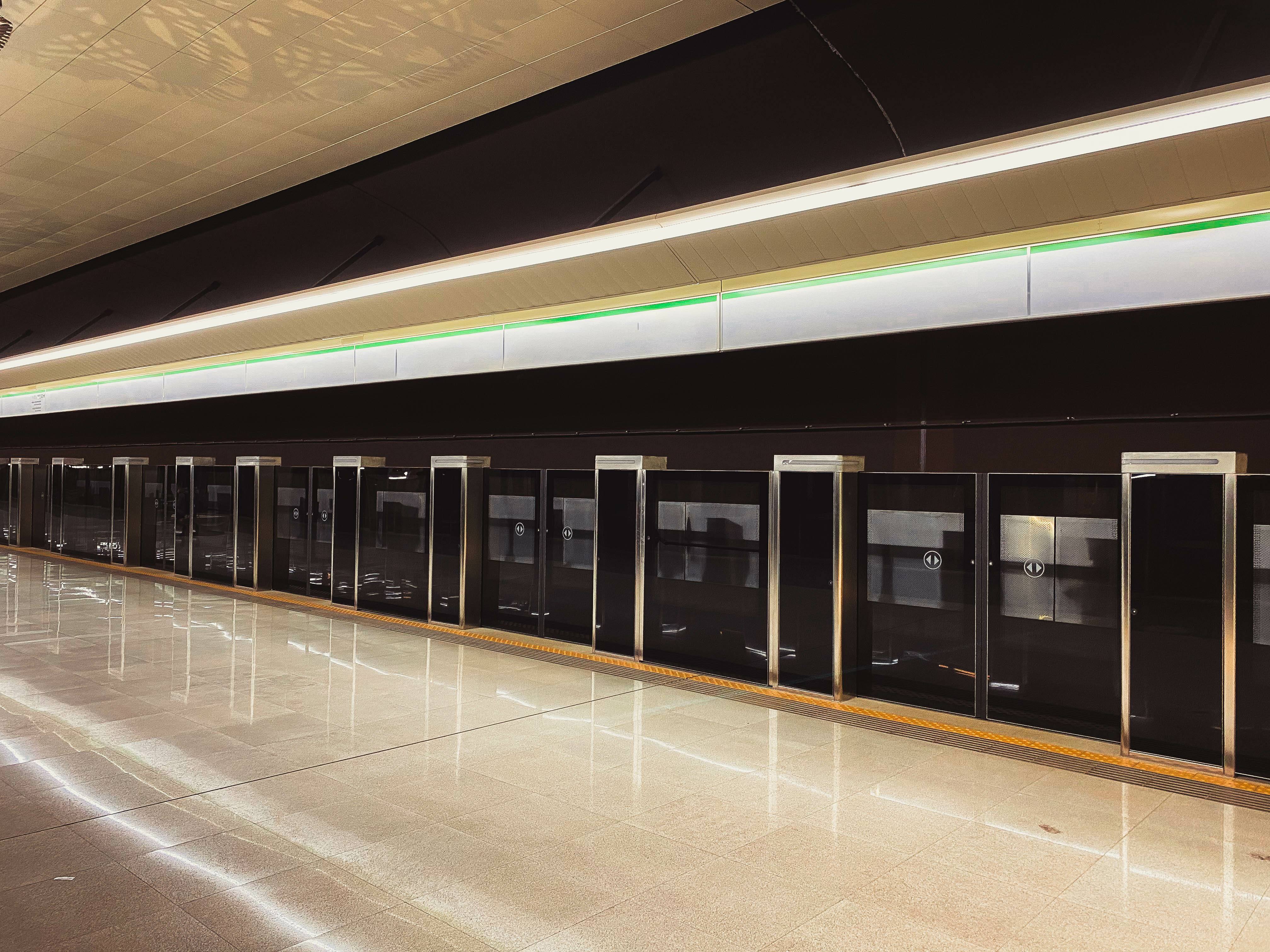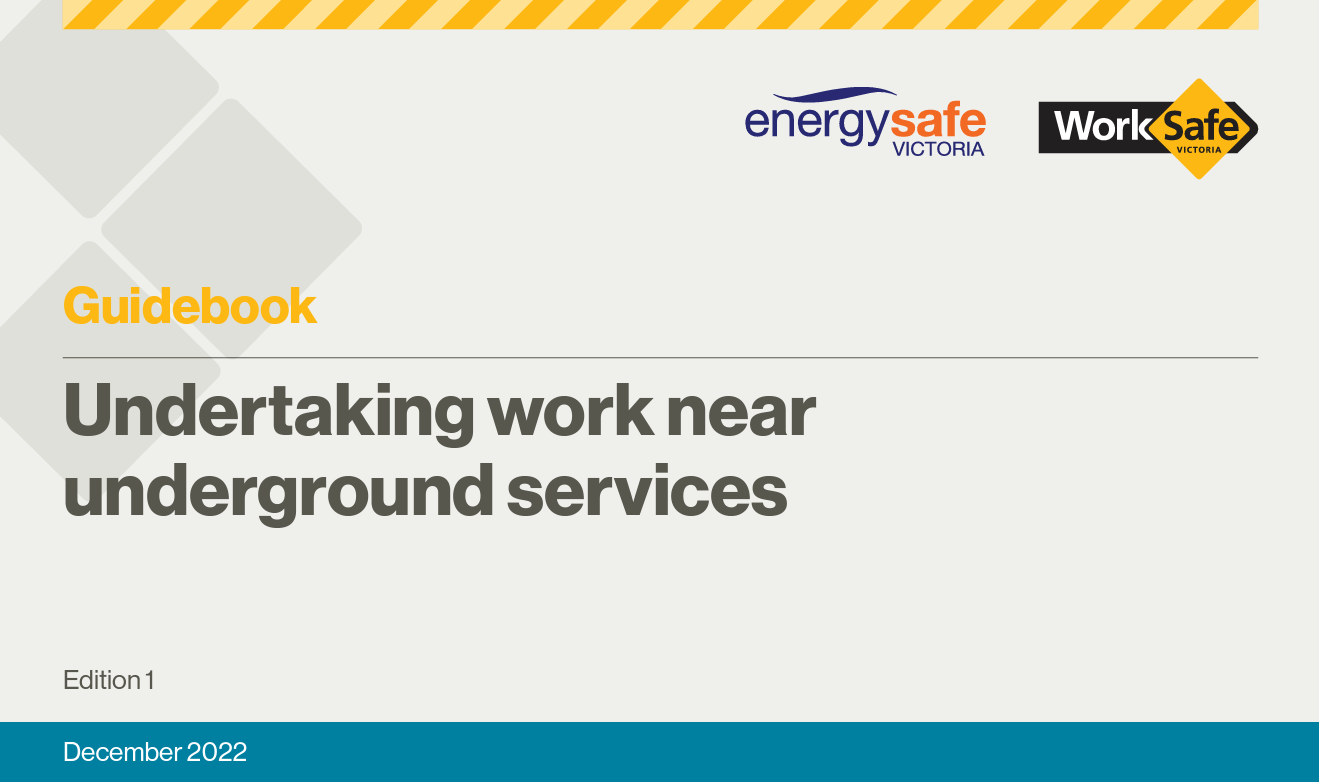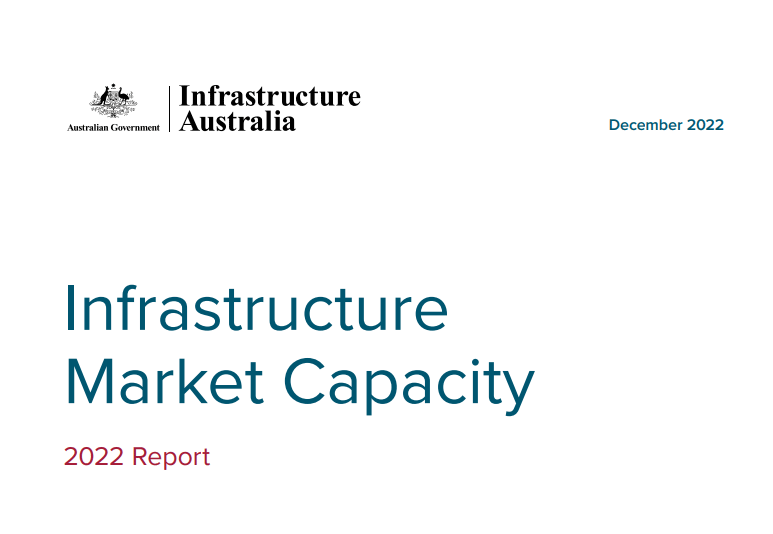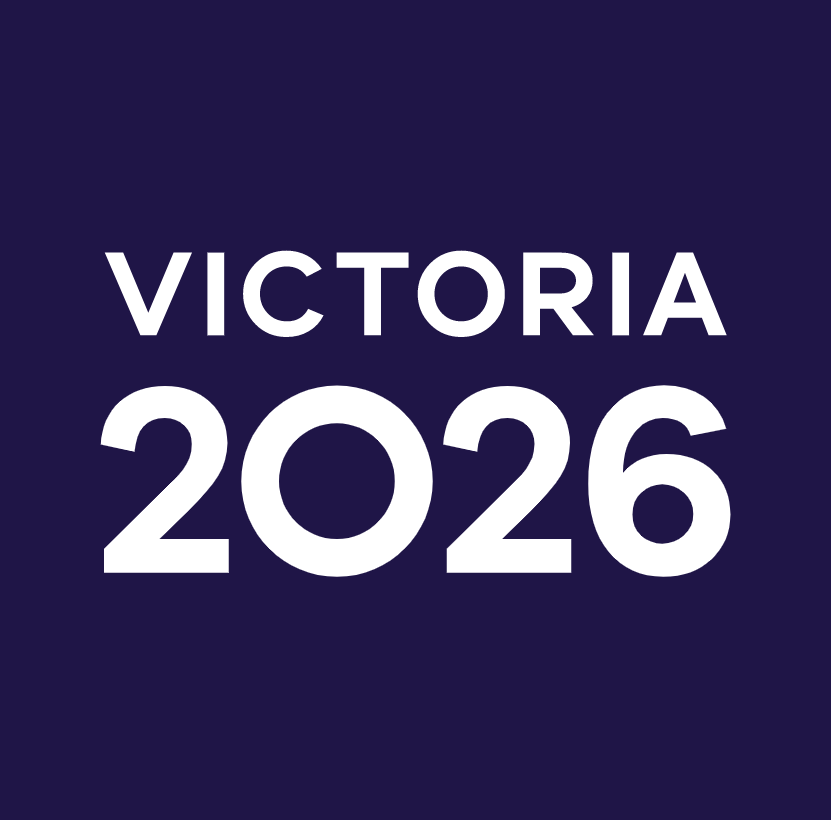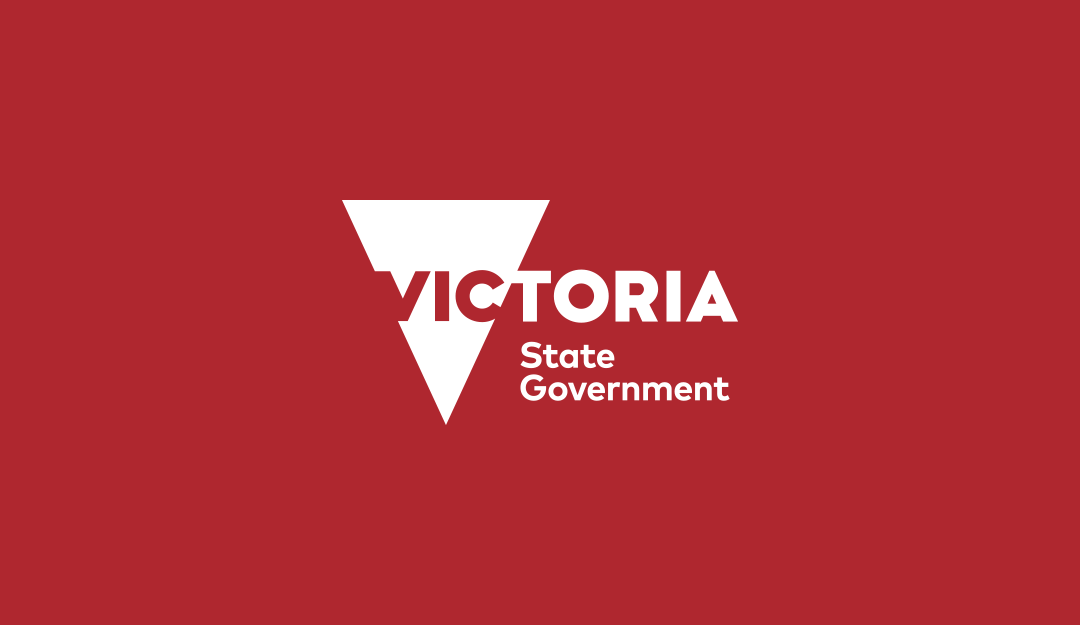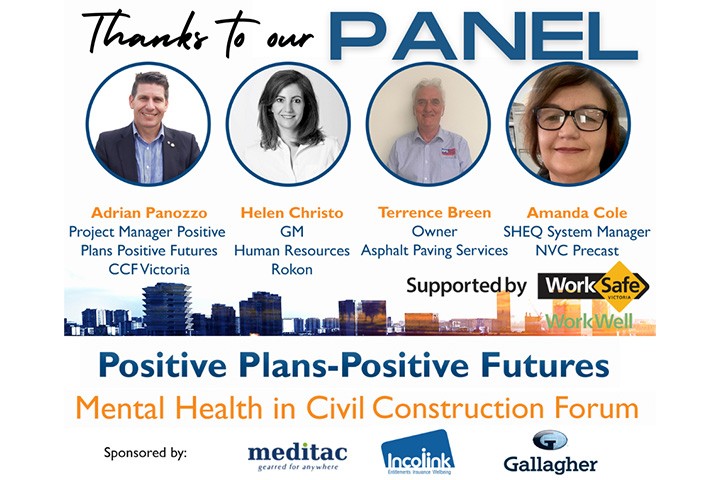Over the past several months, CCF Victoria has been actively engaged in discussions with the Red Tape Commissioner, Anna Cronin, and her office, regarding the State Government’s mandated review of Victoria’s building and planning processes and systems.
The review builds on the findings of the Essential Services Commission (ESC) review of electricity connection delays to identify further improvement opportunities for early-building works approvals and utility connections. This review identified that problems and delays in planning approval processes are significant, particularly with respect to the internal and external referrals processes and the additional approvals required following the issuance of a planning permit.
Most CCF members would agree that Victoria’s planning system currently suffers from multiple referral processes and duplications, as well as widely variable internal referral processes within local government. All of which affect the State’s capacity to deliver housing, business and infrastructure investment efficiently.
To assist in direct stakeholder engagement, CCF facilitated a series of member engagement workshops in June and July with the Red Tape Commissioner and her Office, for key civil contractors and developers engaged in the Land Development Sector.
The input and findings of these workshops have contributed to the Red Tape Commissioner’s produced discussion Paper, which is now released and open for consultation.
The Released Discussion Paper
Further to in-depth discussion with key industry associations, such as CCF, UDIA, PCA, HIA, MBAV, and other stakeholders, Red Tape Commissioner Anna Cronin and an advisory board of industry experts – Bill Kusznirczuk, Kate Roffey and Radley de Silva – have compiled the discussion paper and made a range of proposals.
According the paper, up to $600 million economic growth could be created across the Victorian economy each year through more efficient approvals in the state’s planning and building systems.
The paper, now open for consultation, examines planning and building delays and bottlenecks to identify how the systems can be improved.
“The proposed improvements focus on eliminating bottlenecks, removing unnecessary steps and making sure approvals processes are as efficient and effective as possible. “They are practical and implementable and will reduce delays and costs.“
Anna Cronin, Red Tape Commissioner.
The report considers challenges caused by a shortage of building surveyors and other building practitioners as well as the overlap between the planning and building regulatory regimes. The paper proposes improvements to council and referral authority processes through early engagement with applicants, removing duplicate requests for information and delivering better response times from the many decision-makers along the planning approvals pipeline.
It has also flagged the need to collect performance data to identify where applications are delayed and looking at adopting new technology. The measures proposed are designed to improve efficiency across approvals without any reduction in scrutiny or the application of rules across the building and planning systems.
The need to strengthen Victoria’s building system has previously been flagged and the Andrews Labour Government is overhauling the state’s Building Act to deliver better outcomes for consumers.
Have Your Say
In line with the invite for industry businesses and stakeholders to provide feedback/input, Richard Wynne, Minister of Planning stated, “We want the planning and building systems to give people more certainty about what can and cannot be built, and need the industry and consumers to have their say about how we can improve the system.”
Consultation for the discussion paper is open until 15 November 2019 ahead of a final report which will be prepared for the Treasurer and Minister in the coming months.
The Planning and Building Approvals Process Review discussion paper is available at betterregulation.vic.gov.au and the response form is available at engagevic.vic.gov.au
For more discussion on CCF’s work in this area, contact our team on 1300 DIAL CCF.


